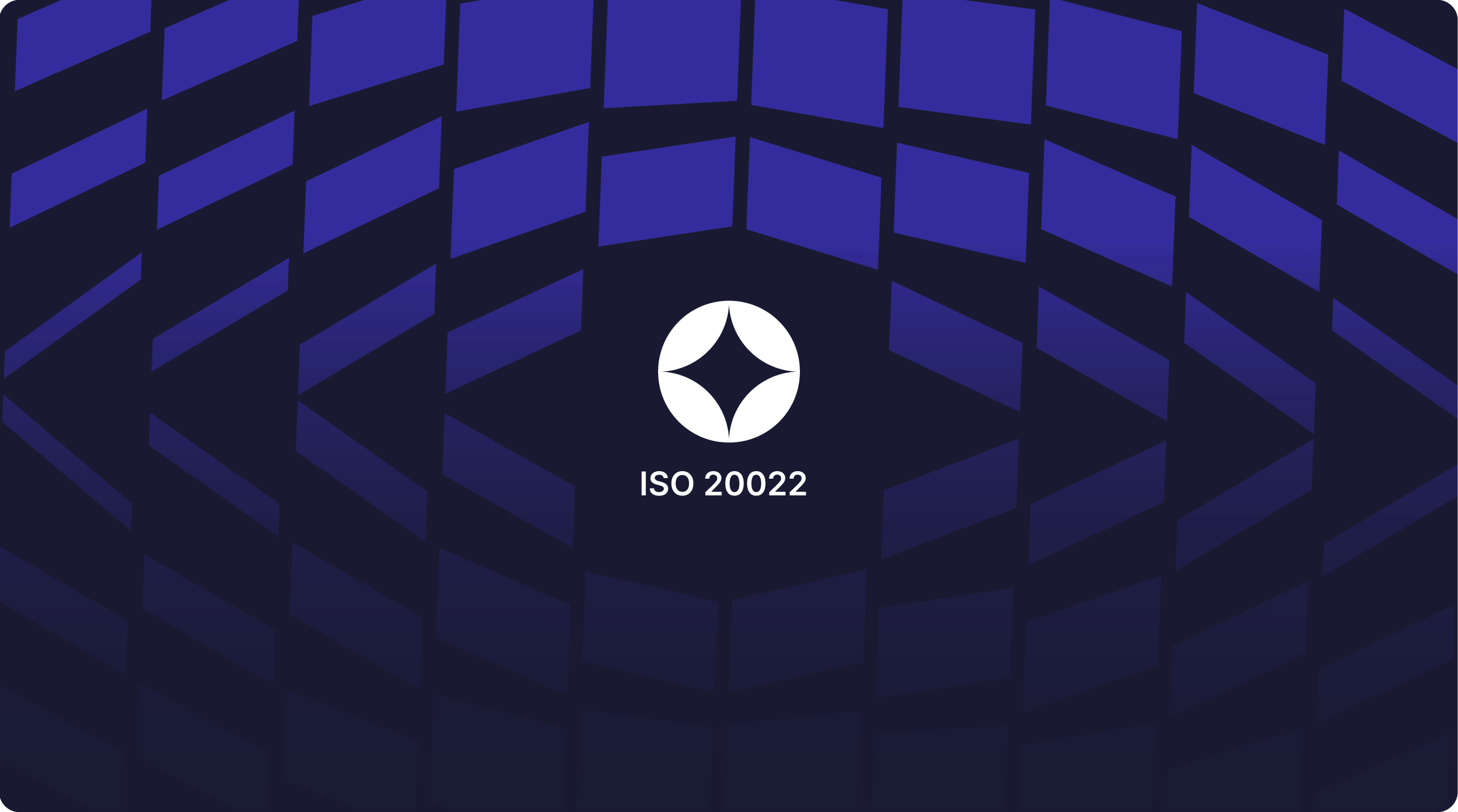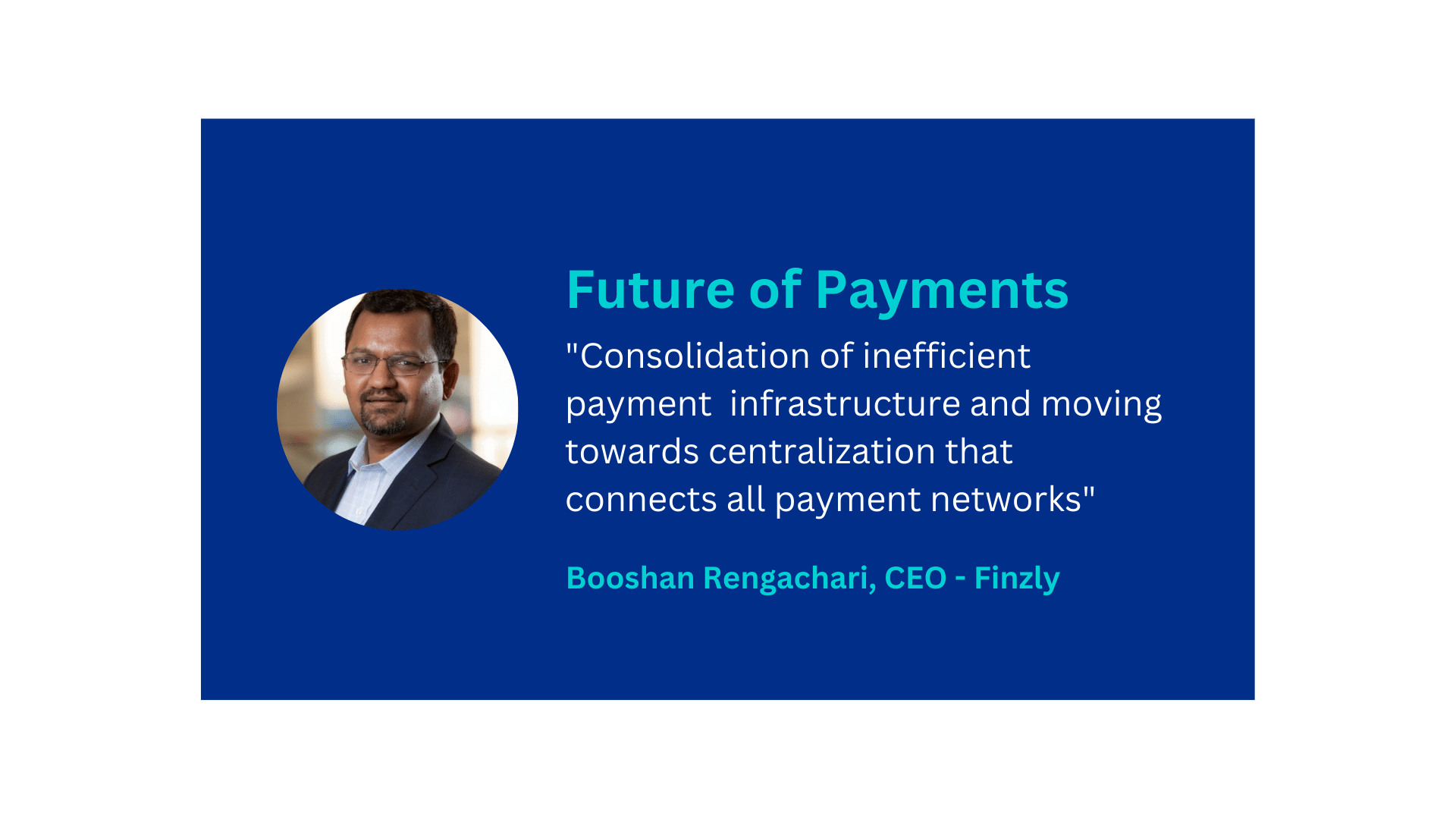
Fedwire’s ISO 20022 Migration: Why It Matters - and How Institutions are Gaining an Edge

Read on to find out what our founder and CEO, Booshan Rangachari, has to say on departing from fragmented legacy systems for payments into the future of payments in this article prepared for http://www.transactiondirectory.com
Customers have begun to express their desire for more streamlined payment automation, exacerbated by the real-time payments (RTP) movement, the emergence of FedNow and the ease of embedded payments. However, financial institutions are hindered in their ability to deliver an enhanced user experience, instead directing attention to managing multiple payment networks that are running in disparate payment systems and supported by multiple vendors.
Over the next year, the industry can expect a drastic shift towards the consolidation of overlapping and inefficient payment infrastructures and centralization that connects to all payment networks. Through an interoperable payment hub, financial institutions will be better equipped to navigate the increasingly complicated and intricate payment ecosystem while providing customers with a more seamless payment experience.
The future of payments will minimize financial institutions' reliance on legacy systems and focus on leveraging open APIs in the cloud to centralize payment processing, monitoring, reporting and compliance for consumer and business customers alike.
Not only will this help banks and credit unions reduce payment operating costs, but in turn, positions them to increase the institutions' revenue. Additionally, more streamlined payment automation that is securely embedded within a financial institution's enterprise resource planning (ERP) system frees staff from the manual processing of payments and reconciliation, realizing significant operational benefits.
Booshan Rengachari is founder and CEO of Finzly, a fintech provider of modern banking applications for foreign exchange, trade finance, payments and digital account opening. For more information, visit www.finzly.com
